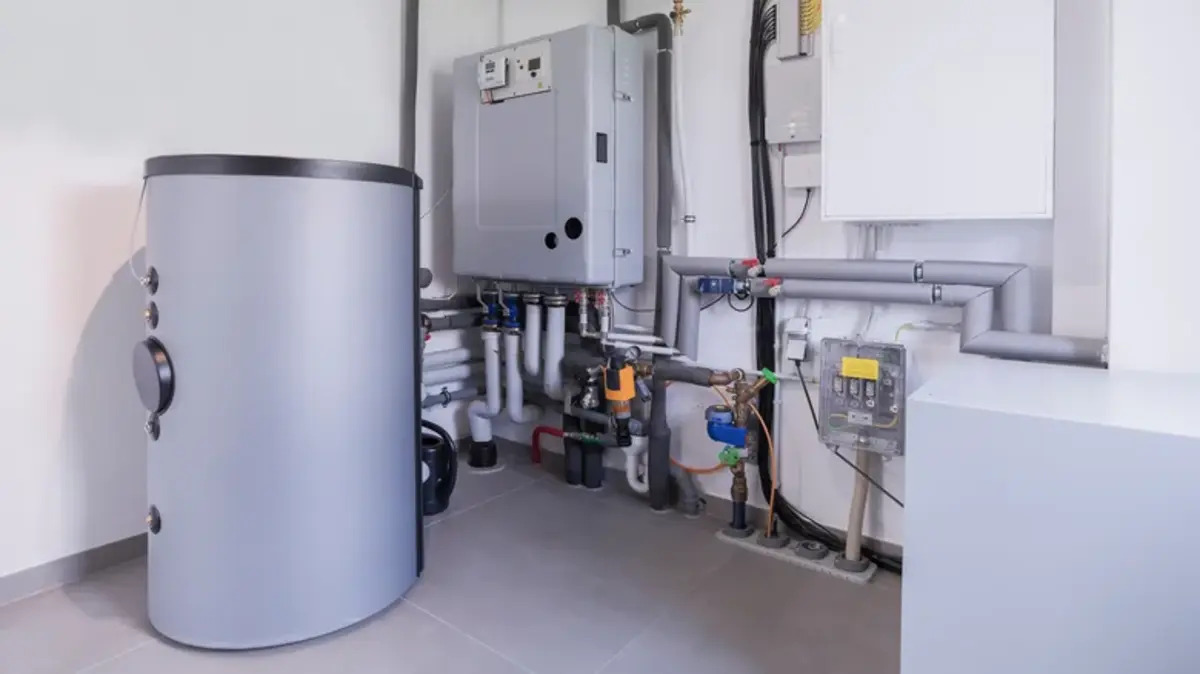

Articles
How Much Does Hot Water Heater Cost
Modified: February 22, 2024
Looking for articles on the cost of hot water heaters? Discover how much you can expect to pay for a new unit and installation in this comprehensive guide.
(Many of the links in this article redirect to a specific reviewed product. Your purchase of these products through affiliate links helps to generate commission for Storables.com, at no extra cost. Learn more)
Introduction
Hot water heaters are an essential component of any modern home. They provide us with the convenience and comfort of having hot water readily available for daily tasks such as bathing, washing dishes, and doing laundry. However, when it comes time to replace or install a new hot water heater, many people are left wondering about the cost.
There are various factors that influence the cost of a hot water heater, including the type of heater, its capacity, energy efficiency, and installation requirements. By understanding these factors and considering your specific needs, you can make an informed decision and budget accordingly for your hot water heater project.
In this article, we will provide you with an overview of the factors that influence the cost of a hot water heater, the different types of hot water heaters available, and the average costs associated with each type. We will also discuss additional costs to consider, factors to keep in mind during the selection process, and tips for saving money on your hot water heater purchase.
By the end of this article, you will have a clear understanding of how much a hot water heater may cost and be equipped with the knowledge to make the best decision for your home and budget.
Key Takeaways:
- Understanding the factors that influence the cost of a hot water heater, such as type, capacity, and energy efficiency, is crucial for making an informed decision and budgeting effectively for your home project.
- When choosing a hot water heater, consider not only the upfront cost but also additional expenses like installation, maintenance, and operating costs. Opting for energy-efficient models and implementing money-saving tips can lead to long-term savings and a more sustainable home.
Factors that Influence the Cost of a Hot Water Heater
When it comes to the cost of a hot water heater, there are several key factors that can influence the price. By understanding these factors, you can better gauge what to expect in terms of cost and make an informed decision. Let’s explore these factors in more detail:
- Type of Hot Water Heater: The type of hot water heater you choose will have a significant impact on the cost. There are several options available, such as tankless water heaters, traditional tank water heaters, heat pump water heaters, and solar water heaters. Each type has its own advantages and price range. Tankless water heaters, for example, tend to be more expensive upfront but can save you money in the long run due to their energy efficiency.
- Capacity: The capacity of the hot water heater is another important factor to consider. The larger the capacity, the higher the price. Hot water heaters are available in various sizes, typically measured in gallons. You should consider your household’s hot water needs when determining the appropriate capacity. A larger family, for instance, may require a higher capacity hot water heater to meet their demands.
- Energy Efficiency: Energy-efficient hot water heaters can help reduce your energy bills over time. While they may have a higher upfront cost, they can provide long-term savings. Look for models with high Energy Factor (EF) ratings or ENERGY STAR certification, as these are indicators of energy efficiency. Keep in mind that energy-efficient models may qualify for rebates or incentives, further offsetting the cost.
- Installation Requirements: The complexity of the installation process can affect the cost of a hot water heater. Factors such as the location of the water heater, accessibility, and any necessary modifications to your plumbing or electrical systems can add to the overall cost. It is recommended to have a professional plumber assess your home and provide an accurate estimate for installation.
- Quality and Brand: The quality and brand of the hot water heater can also impact the cost. Higher-end brands or models with advanced features may come with a higher price tag. It is important to balance your budget with the durability and performance of the hot water heater.
By considering these factors, you can gain a better understanding of how they contribute to the cost of a hot water heater. It is essential to carefully assess your needs and budget and choose a hot water heater that strikes the right balance between cost, efficiency, and functionality.
Types of Hot Water Heaters
Hot water heaters come in various types, each with its own advantages and considerations. Understanding the different types can help you determine which one is best suited for your needs. Here are the most common types of hot water heaters:
- Tank Water Heaters: Tank water heaters are the traditional and most commonly used type. They consist of a large storage tank that holds and heats a certain amount of water. These heaters continuously keep the water hot, ready for use whenever needed. Tank water heaters come in different sizes, generally ranging from 20 to 80 gallons.
- Tankless Water Heaters: Tankless water heaters, also known as on-demand water heaters, provide hot water without the need for a storage tank. These heaters heat the water as it flows through a heat exchanger, resulting in a constant supply of hot water. Tankless water heaters are known for their energy efficiency, as they only heat water when it is required. They are often more compact and take up less space than tank water heaters.
- Heat Pump Water Heaters: Heat pump water heaters use electricity to transfer heat from the air or ground into the water. This process is more energy-efficient than traditional methods of heating water, making them an eco-friendly choice. Heat pump water heaters work best in a warm climate, where the surrounding air or ground temperature is relatively high.
- Solar Water Heaters: Solar water heaters utilize energy from the sun to heat water. These systems consist of solar collectors that absorb the sun’s heat and transfer it to a storage tank. Solar water heaters are environmentally friendly and can significantly reduce energy costs, especially in areas with ample sunlight. However, they require proper installation and adequate sunlight exposure to function optimally.
Each type of hot water heater has its own set of pros and cons. Factors such as energy efficiency, installation requirements, upfront cost, and available space should be considered when choosing the right type for your home. It is recommended to consult with a professional plumber or heating contractor to determine the best option based on your specific needs and circumstances.
Average Cost of Different Types of Hot Water Heaters
The cost of a hot water heater can vary greatly depending on the type, size, brand, and other factors. To give you a general idea of the average cost range for different types of hot water heaters, we have provided an overview below:
- Tank Water Heaters: On average, the cost of a tank water heater ranges from $500 to $1,500, including installation. The price can vary based on the size of the tank, energy efficiency rating, and additional features like self-cleaning mechanisms.
- Tankless Water Heaters: The average cost of a tankless water heater is between $800 and $2,500, including installation. Tankless water heaters are generally more expensive than tank water heaters due to their advanced technology and energy-efficient operation.
- Heat Pump Water Heaters: Heat pump water heaters typically cost between $1,200 and $3,500, including installation. The higher upfront cost is offset by their energy-saving benefits, which can result in long-term savings on utility bills.
- Solar Water Heaters: Solar water heater systems can range in price from $2,000 to $7,000 or more, including installation. The cost can vary depending on the size of the system, the complexity of installation, and additional components like backup heaters or storage tanks.
It’s important to note that these average costs are estimates and can vary depending on your location, the specific brand and model chosen, and any additional installation requirements unique to your home. Additionally, other factors, such as the cost of permits, additional plumbing work, or electrical upgrades, may also influence the overall cost.
When considering the cost, it’s essential to weigh it against the long-term benefits and potential energy savings of a more efficient hot water heater. Higher-priced models may offer better energy efficiency, resulting in lower utility bills over the life of the appliance.
It’s advisable to consult with a licensed plumber or heating contractor in your area to get accurate cost estimates based on your specific needs and requirements.
Consider the type of hot water heater you need (tankless, traditional, heat pump) and factor in installation costs. Prices can range from $500 to $3000. Research energy efficiency to save on long-term costs.
Additional Costs to Consider
When budgeting for a hot water heater, it’s important to factor in additional costs that may arise during the installation and ongoing use of the system. By considering these costs upfront, you can better prepare financially and avoid any unexpected expenses. Here are some additional costs to consider:
- Installation Costs: While the cost of the hot water heater itself is a significant expense, you should also account for installation costs. Hiring a professional plumber or heating contractor to install the system ensures proper installation and can help avoid potential issues in the future. Installation costs can include labor fees, permits, and any necessary modifications to your plumbing or electrical systems.
- Maintenance and Repairs: Like any other appliance, hot water heaters require regular maintenance and may need occasional repairs. It’s important to include the cost of routine maintenance, such as flushing the tank, checking the pressure relief valve, and replacing sacrificial anode rods. Additionally, consider the cost of unexpected repairs that may occur throughout the lifespan of the hot water heater.
- Warranty: Hot water heaters often come with warranties that provide coverage for a certain period of time. However, some warranties may require additional investments, such as annual inspections or specific maintenance procedures, to remain valid. Make sure to review the warranty terms and factor in any associated costs.
- Operating Costs: The cost of operating a hot water heater also needs to be considered. This includes the energy consumed to heat the water. Tankless and solar water heaters are generally more energy-efficient, leading to lower ongoing operating costs compared to traditional tank water heaters.
- Water Quality and Treatment: If your household has hard water or water with high mineral content, you may need to invest in additional water quality treatments. Hard water can cause mineral buildup and reduce the efficiency of the hot water heater over time. Water softeners or filtration systems may be necessary, and their costs should be taken into account.
By factoring in these additional costs, you can create a more accurate budget for your hot water heater project. It’s essential to consider the long-term costs and benefits of different types of hot water heaters to make an informed decision that aligns with your budget and preferences.
Factors to Consider when Choosing a Hot Water Heater
Choosing the right hot water heater for your home involves considering several important factors. By evaluating these factors, you can ensure that you select a hot water heater that meets your needs and provides optimal efficiency. Here are some key factors to consider when making your decision:
- Hot Water Demand: Evaluate your household’s hot water demand. Consider the number of people in your home and their daily hot water usage. This will help you determine the appropriate size and capacity of the hot water heater to ensure an adequate supply of hot water.
- Energy Efficiency: Look for a hot water heater that is energy efficient. Consider the Energy Factor (EF) rating, which indicates the efficiency of the appliance. Higher EF ratings translate to lower energy consumption and reduced utility bills over time. ENERGY STAR certified models are a good option as they meet stringent energy efficiency standards.
- Fuel Source: Determine the most suitable fuel source for your hot water heater. Common options include electricity, natural gas, propane, or solar power. Consider factors such as availability, cost, and environmental impact when choosing the fuel source.
- Space and Installation: Assess the available space in your home for the hot water heater installation. Different types of heaters require varying amounts of space. Tankless water heaters, for instance, are more compact and can be mounted on walls, saving valuable floor space. Ensure that the installation requirements and location align with your home’s configuration.
- Budget: Establish a budget for your hot water heater project. Consider both the upfront cost of the appliance and the long-term operating costs. Energy-efficient models may have a higher initial cost but can save you money on utility bills in the long run. Factor in any additional costs for installation, maintenance, and warranties.
- Quality and Brand: Research reliable brands that offer high-quality hot water heaters. Consider their reputation, customer reviews, and warranties. Investing in a reputable brand can provide peace of mind and a longer lifespan for the appliance.
- Water Quality: Assess the quality of your water supply. If you have hard water or water with high mineral content, it can affect the performance and longevity of the hot water heater. In such cases, consider installing a water softener or water treatment system to prevent mineral buildup and ensure efficient operation.
Taking these factors into consideration will help you make an informed decision when choosing a hot water heater. It’s recommended to consult with a professional plumber or heating contractor who can assess your specific needs and provide expert guidance on the most suitable options for your home.
Tips for Saving Money on a Hot Water Heater
Investing in a hot water heater is a significant expense, but there are ways to save money both during the purchasing process and in the long run. By implementing these tips, you can maximize energy efficiency and reduce your hot water expenses. Here are some money-saving tips for your hot water heater:
- Choose Energy-Efficient Models: Look for hot water heaters that have a high Energy Factor (EF) rating or are ENERGY STAR certified. These models are designed to be more energy efficient, which can lead to lower energy consumption and reduced utility bills over time.
- Right Size for Your Needs: Select a hot water heater that is appropriately sized for your household’s needs. A smaller heater may lead to insufficient hot water, while an oversized unit will consume unnecessary energy. Consult with a professional to determine the ideal size based on your hot water usage.
- Insulate Hot Water Pipes: Insulate the hot water pipes, especially those exposed in unheated areas such as basements and crawl spaces. This helps minimize heat loss during transportation and ensures that the hot water reaches your faucets at the desired temperature, reducing the need to waste water by running it until it becomes hot.
- Lower the Temperature: Lowering the temperature of your hot water heater can significantly decrease energy consumption. Set the temperature to around 120 degrees Fahrenheit (49 degrees Celsius), which is typically sufficient for most household needs while reducing the risk of scalding.
- Maintain Regularly: Schedule routine maintenance for your hot water heater to ensure it operates efficiently. Flushing the tank, checking the pressure relief valve, and replacing sacrificial anode rods as needed can extend the lifespan of the unit and improve its performance.
- Consider a Timer: Install a timer for your hot water heater, so it only operates during periods when hot water is needed. This helps avoid heating water unnecessarily during off-peak hours, resulting in energy savings.
- Use Cold Water When Possible: Opt for cold water when performing tasks that do not require hot water, such as laundry or washing dishes. This reduces the demand on the hot water heater and lowers energy usage.
- Upgrade to Water-Saving Fixtures: Install water-saving fixtures, such as low-flow showerheads and aerators on faucets. These fixtures reduce water consumption, consequently reducing the amount of hot water needed, which can lead to energy savings.
Implementing these tips will not only save you money but also contribute to a more sustainable and energy-efficient home. Remember, it’s important to consult with a professional plumber or heating contractor for personalized advice based on your specific situation and needs.
Conclusion
Hot water heaters are essential appliances that provide us with convenient access to hot water for various daily tasks. When it comes to purchasing a hot water heater, it’s crucial to consider the cost along with other important factors. By understanding the factors that influence the cost, the different types of hot water heaters available, and the average costs associated with each type, you can make an informed decision.
The type of hot water heater, its capacity, energy efficiency, installation requirements, and brand quality all play a role in determining the cost. Tank water heaters, tankless water heaters, heat pump water heaters, and solar water heaters each have their pros and cons, ranging in price from $500 to $7,000 or more, including installation.
It’s also important to factor in additional costs, such as installation fees, maintenance, warranty coverage, operating costs, and water quality treatments. These costs can vary depending on factors specific to your home and location.
When choosing a hot water heater, consider your hot water demand, energy efficiency, available space, budget, and water quality. Consulting with a professional plumber or heating contractor will help you determine the best option for your specific needs and ensure proper installation.
To save money on your hot water heater, opt for energy-efficient models, right-size the unit, insulate hot water pipes, lower the temperature, perform regular maintenance, consider using a timer, use cold water when possible, and upgrade to water-saving fixtures.
In conclusion, by carefully considering these factors and following money-saving tips, you can select a hot water heater that suits your needs, budget, and environmental goals. Making an informed decision will ensure a reliable hot water supply while minimizing energy consumption and reducing long-term costs.
Frequently Asked Questions about How Much Does Hot Water Heater Cost
Was this page helpful?
At Storables.com, we guarantee accurate and reliable information. Our content, validated by Expert Board Contributors, is crafted following stringent Editorial Policies. We're committed to providing you with well-researched, expert-backed insights for all your informational needs.
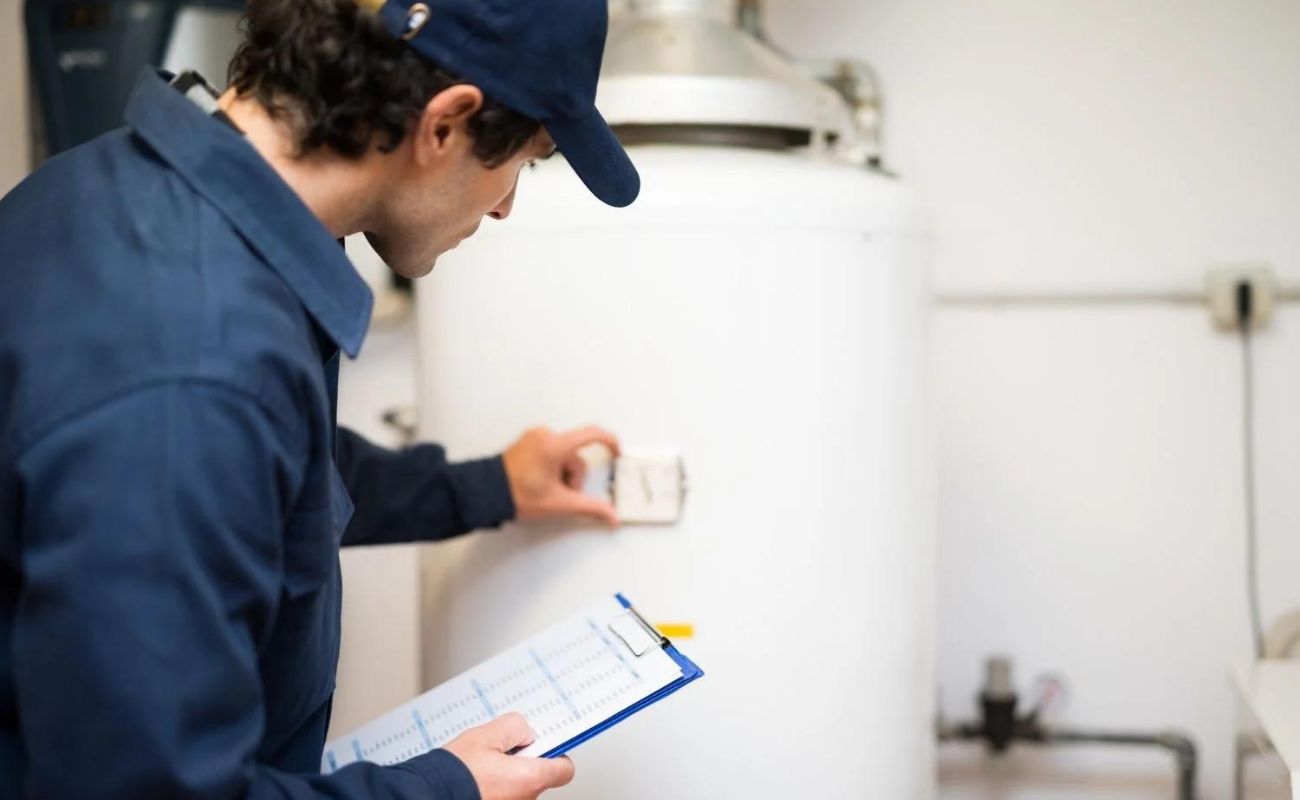
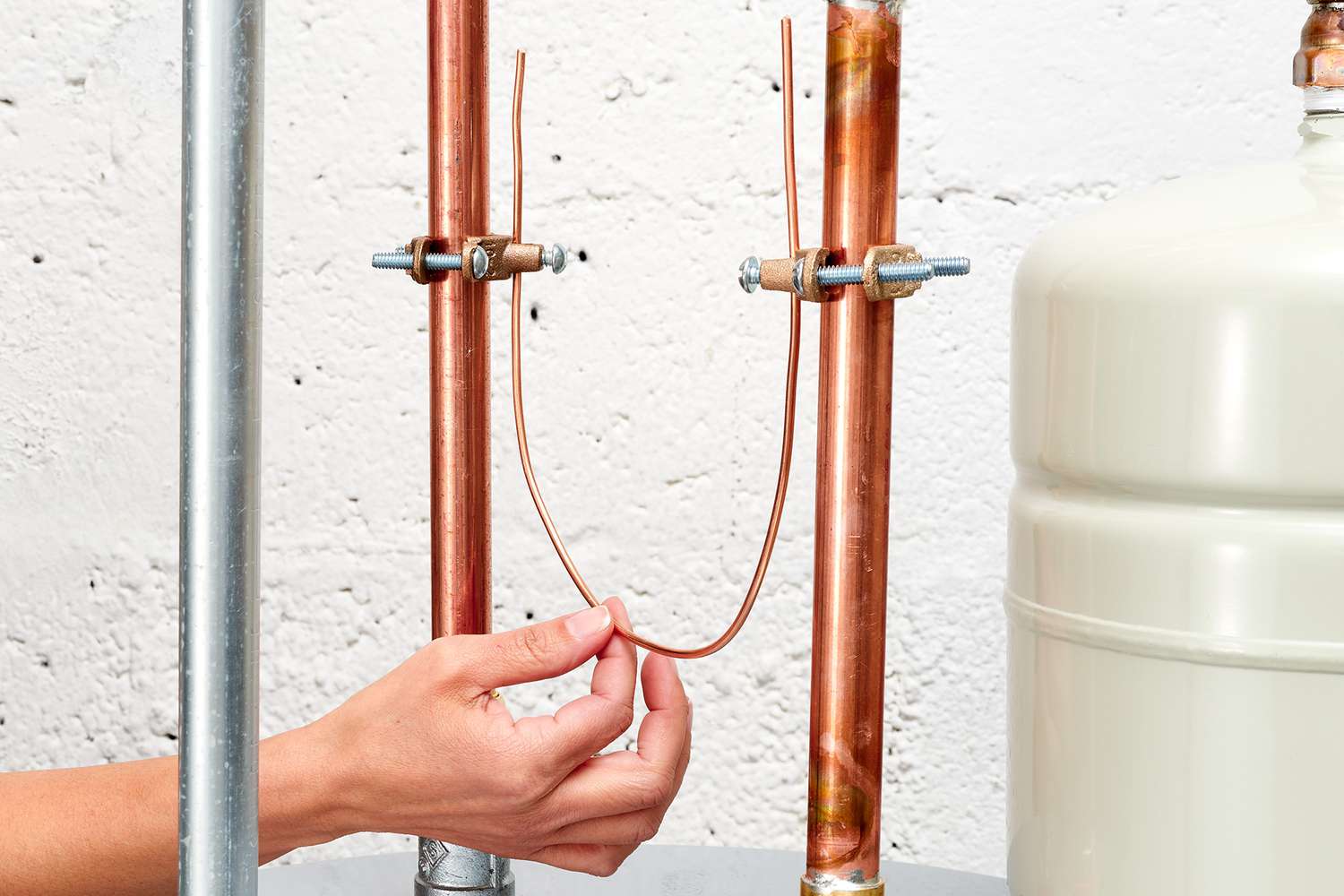
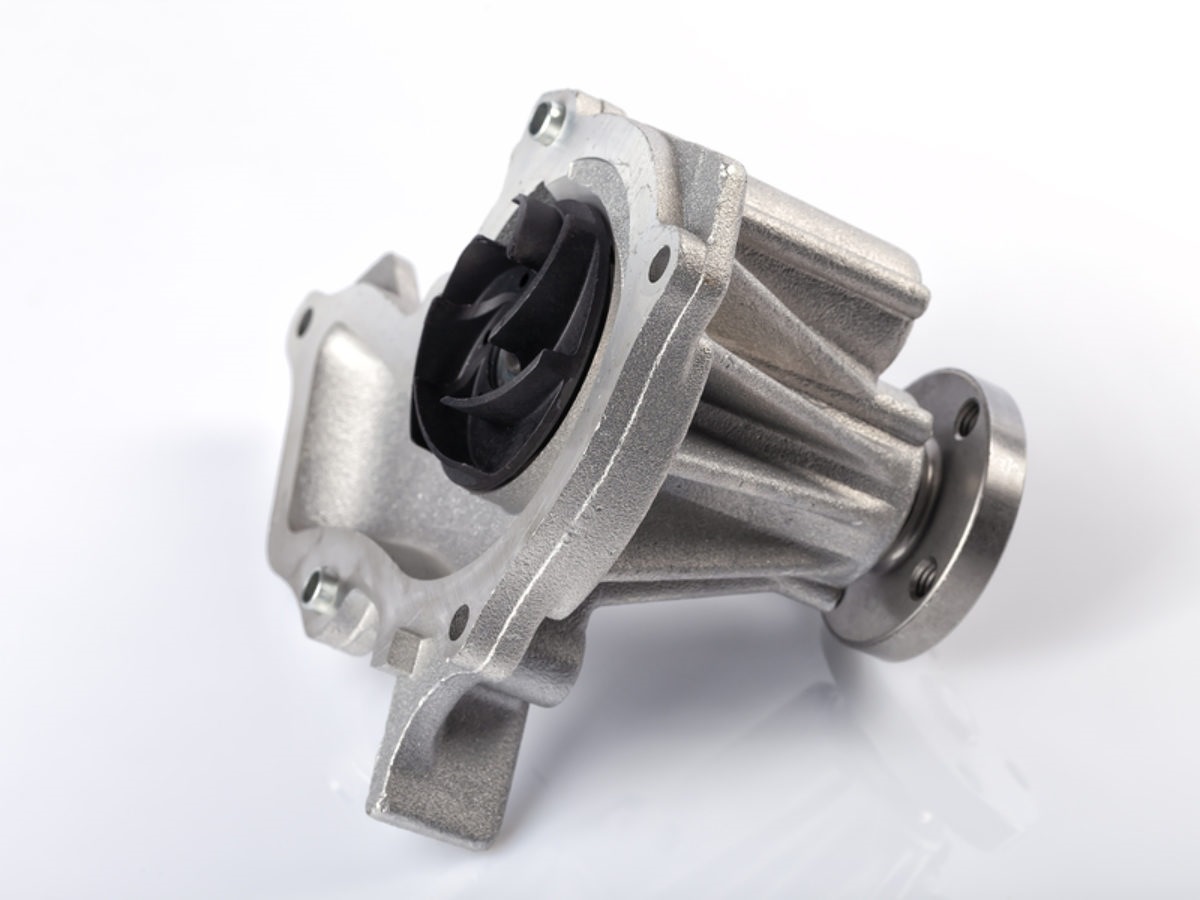
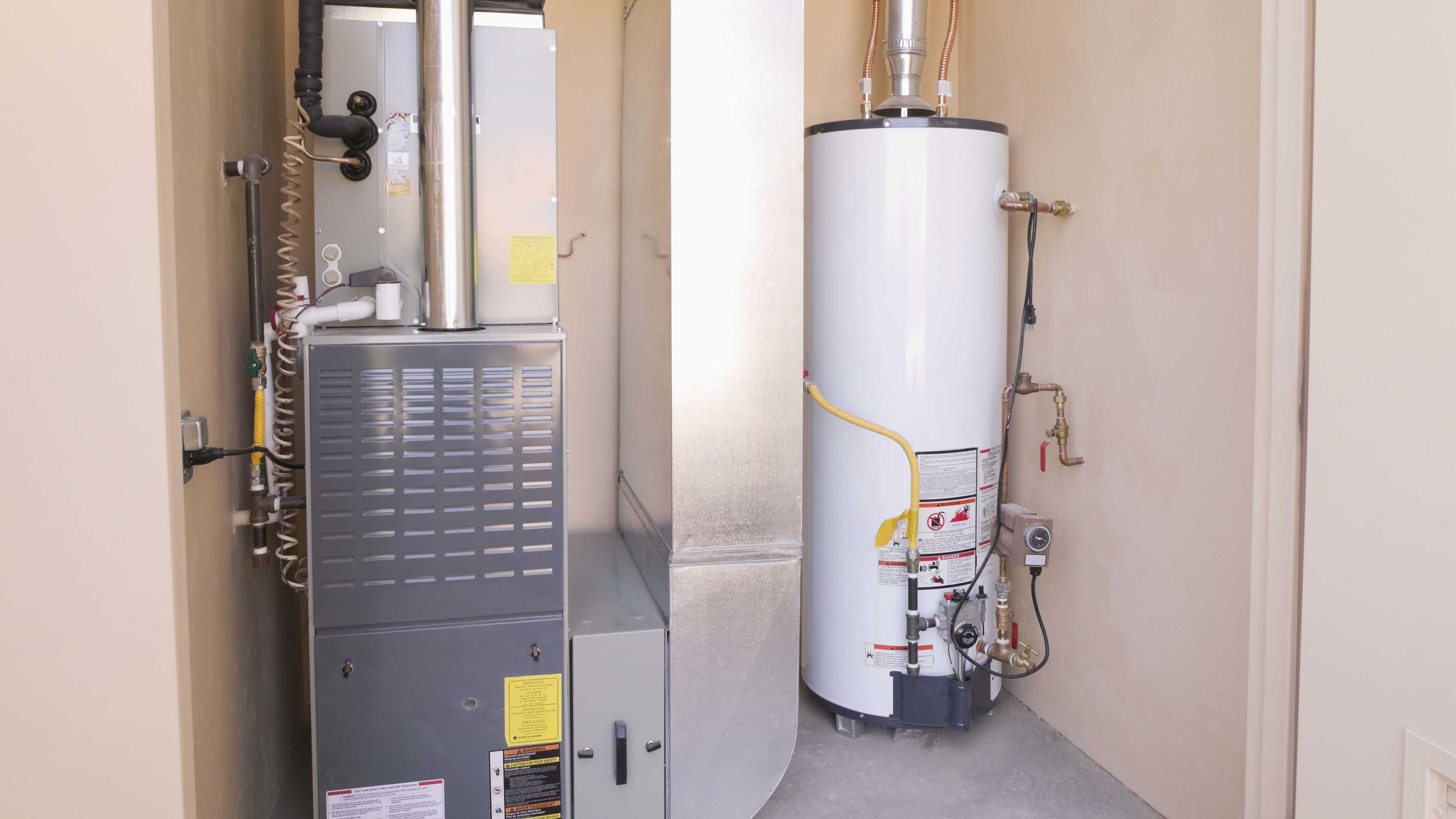
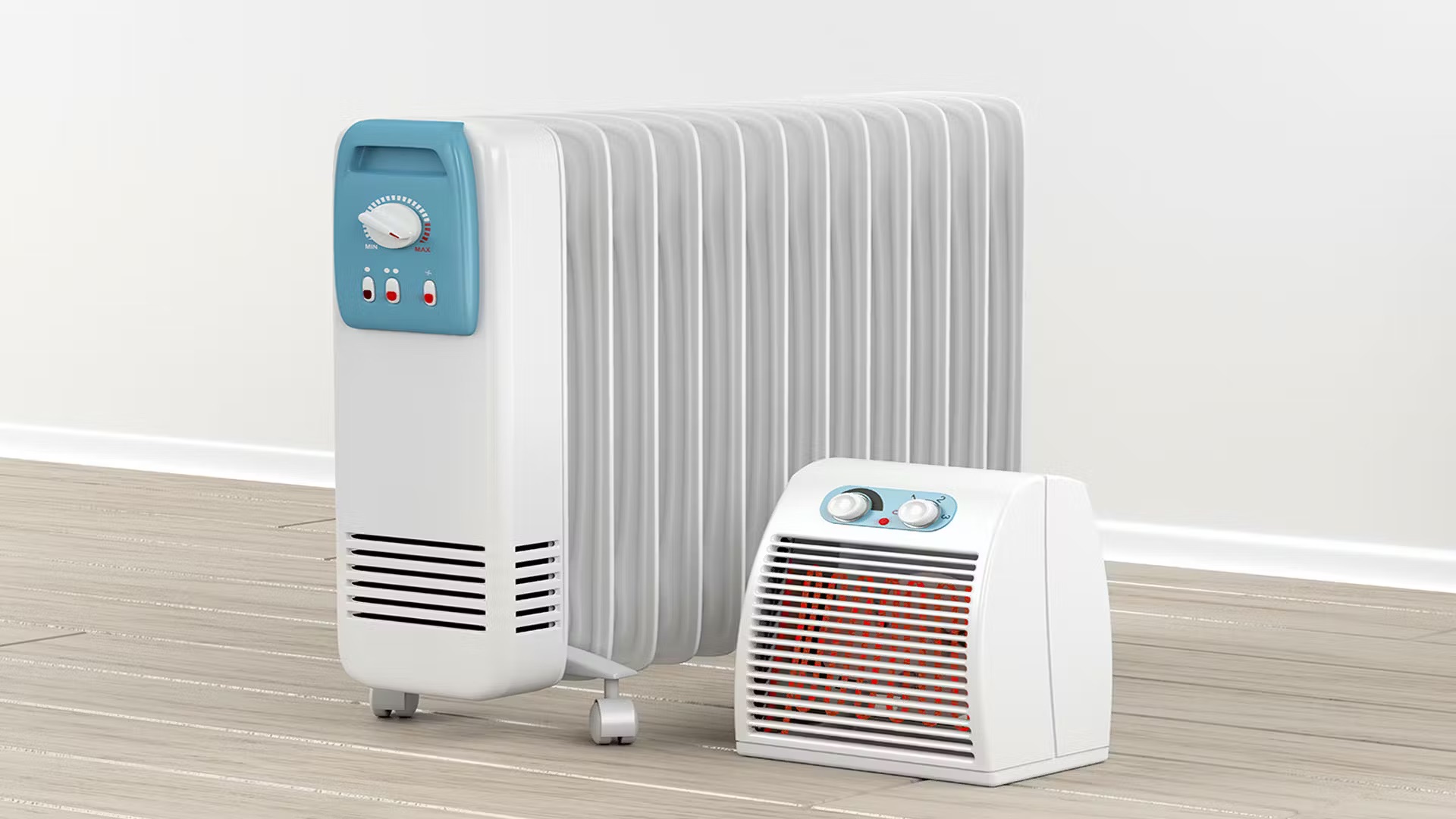

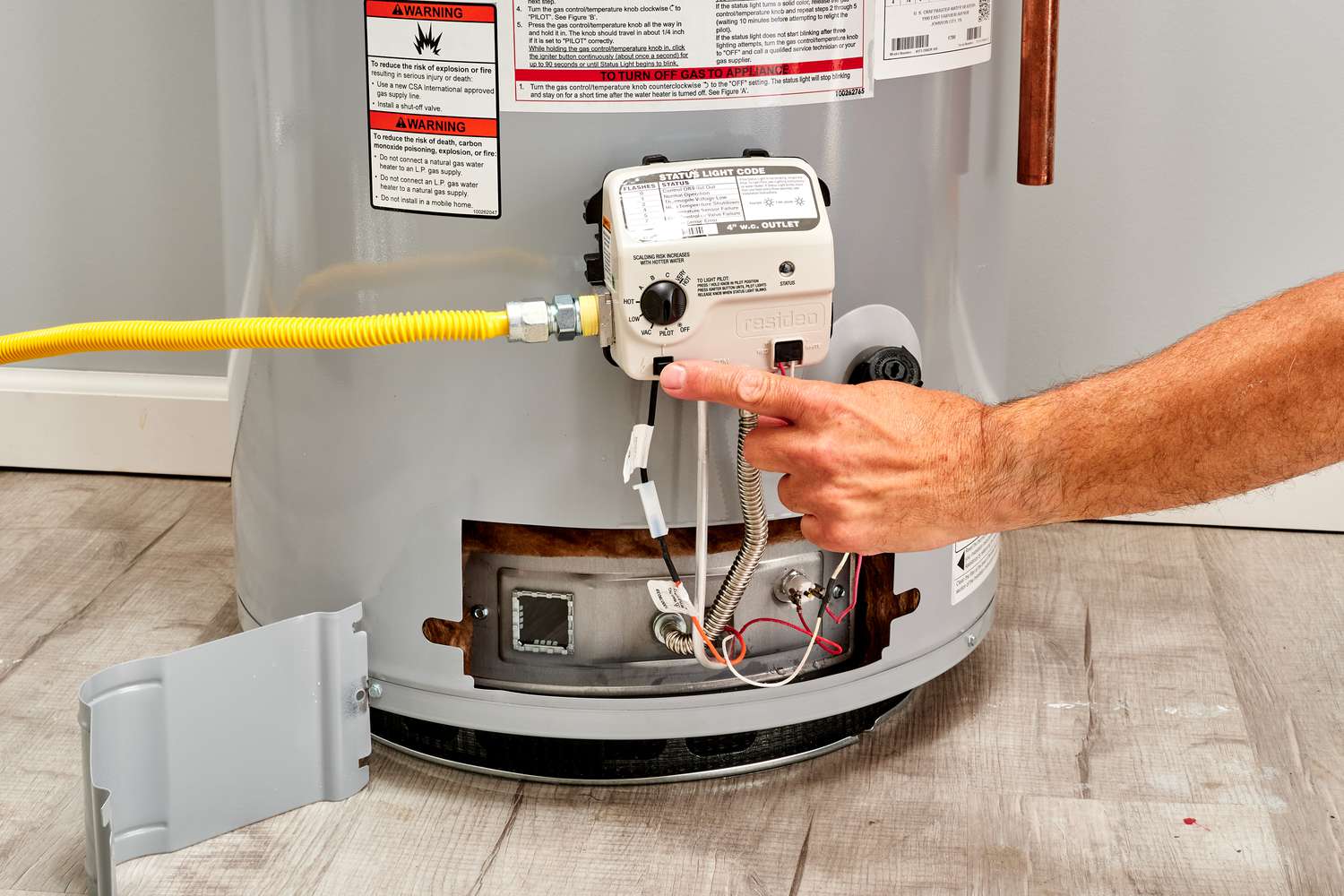
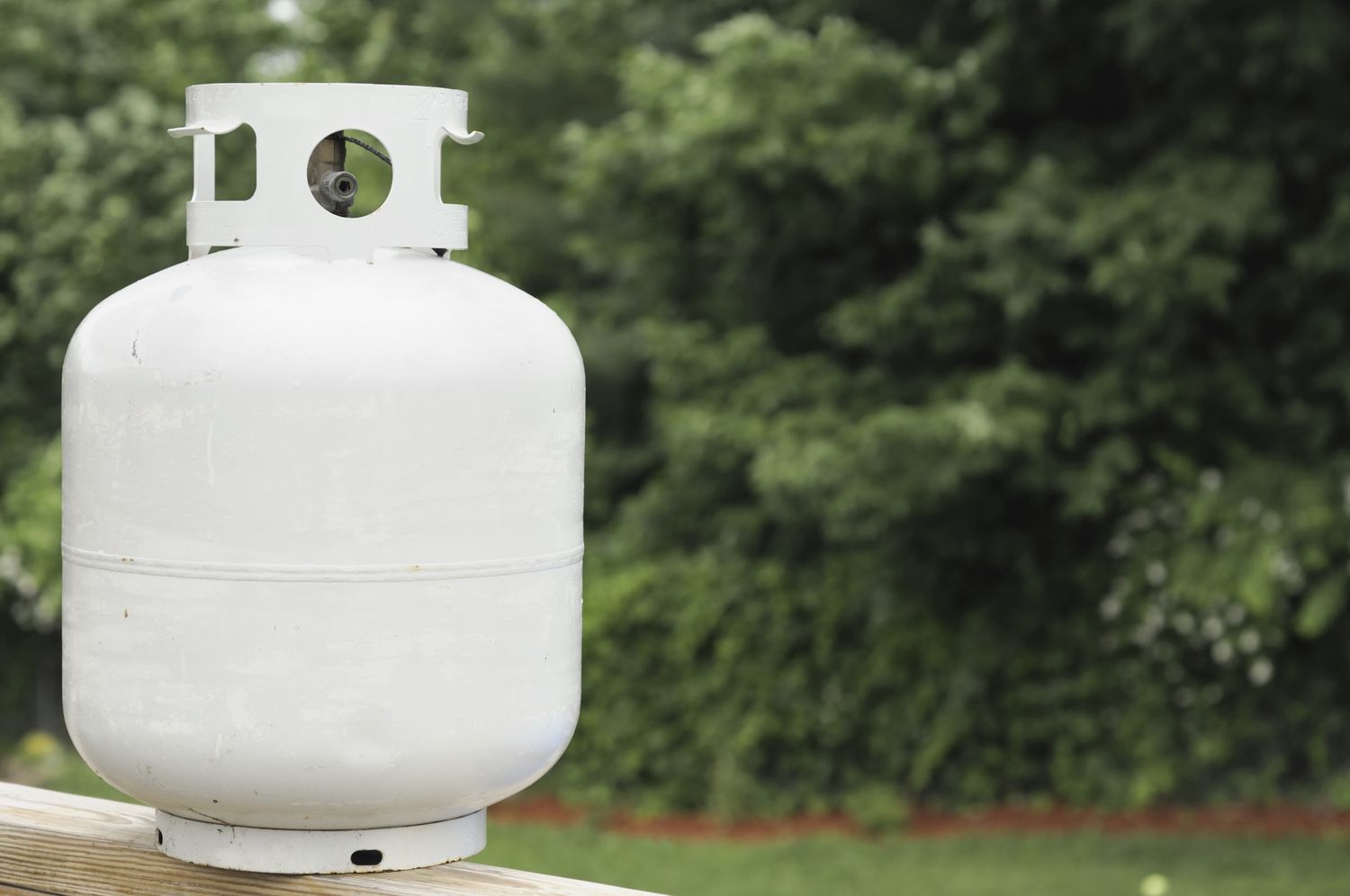
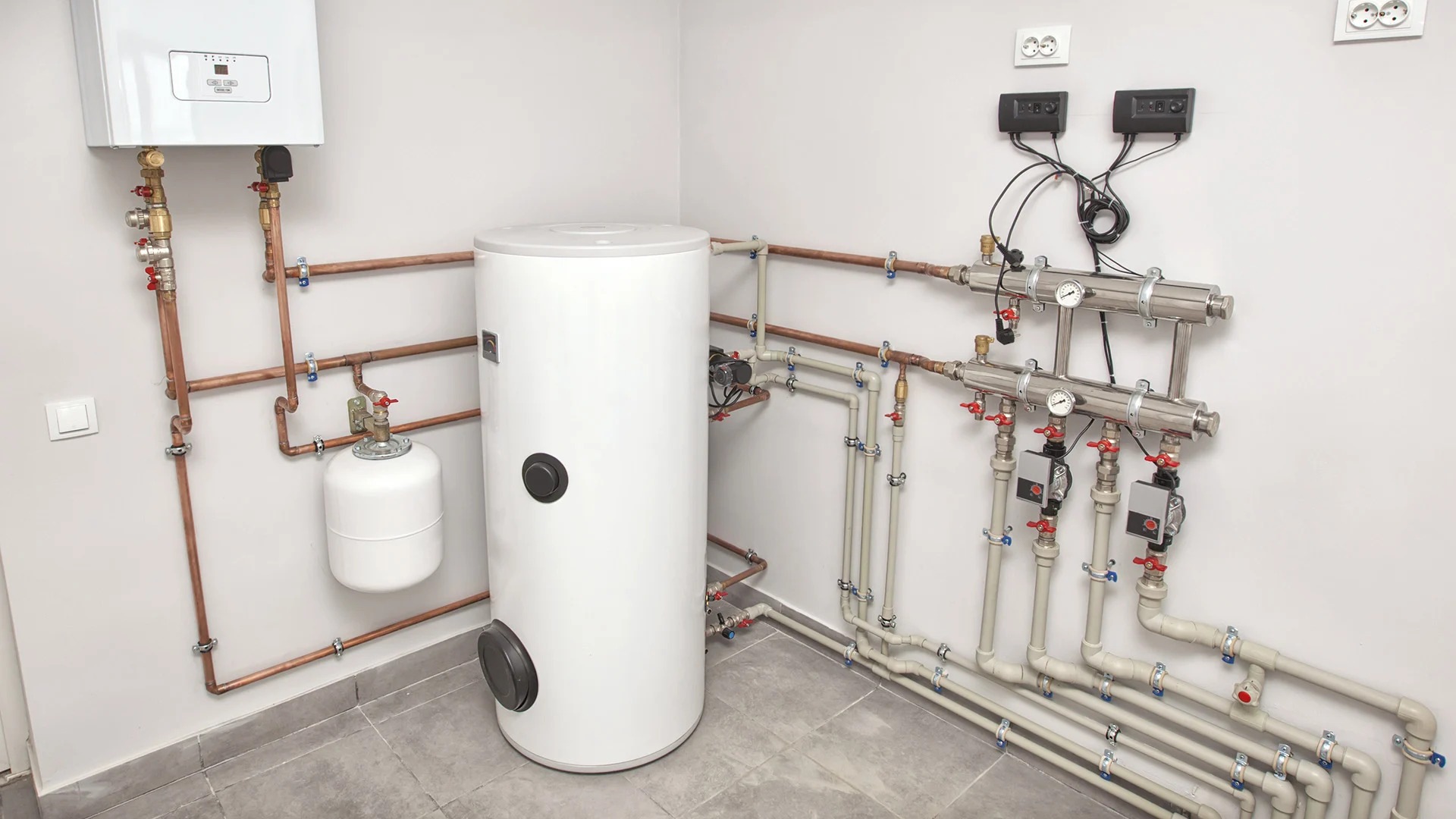
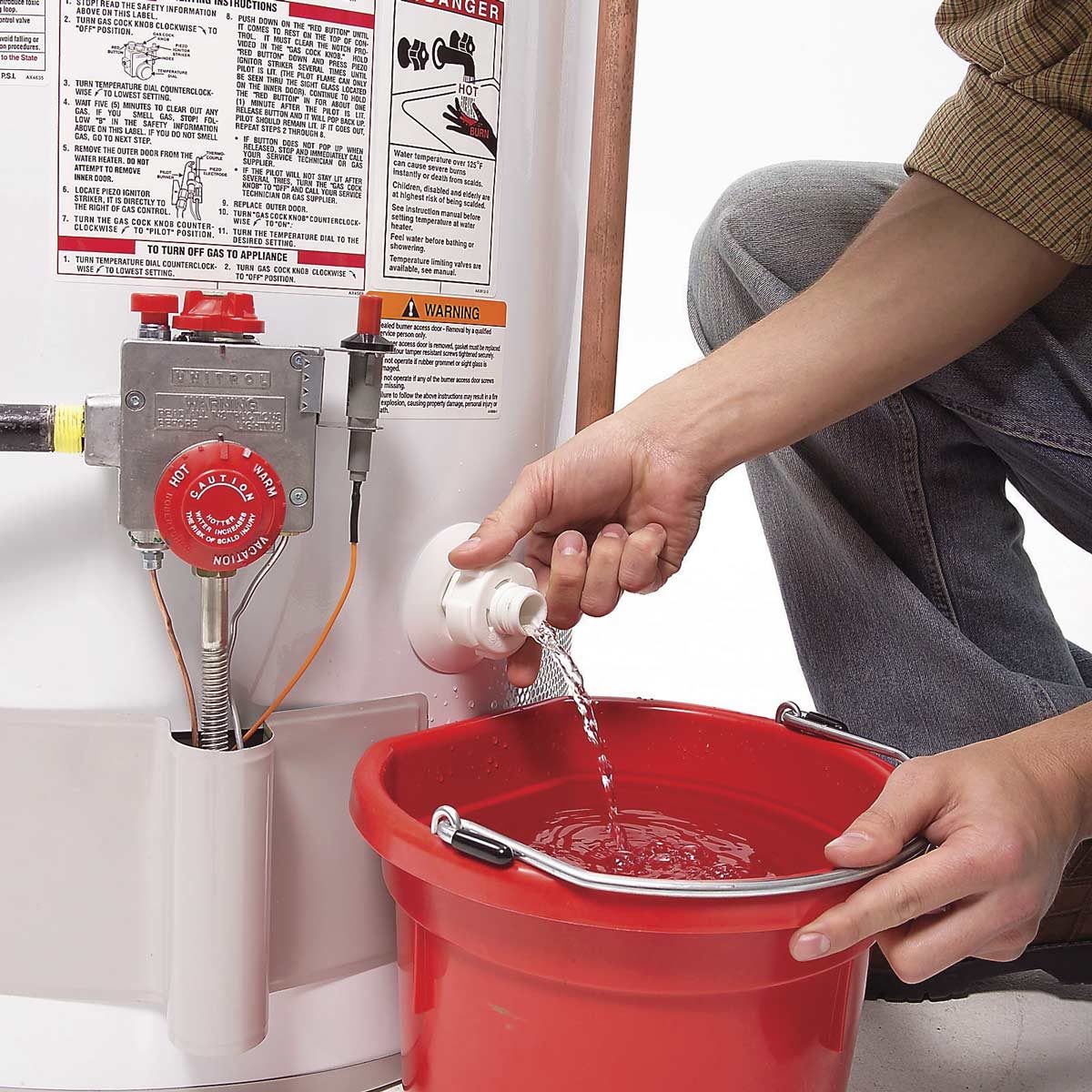
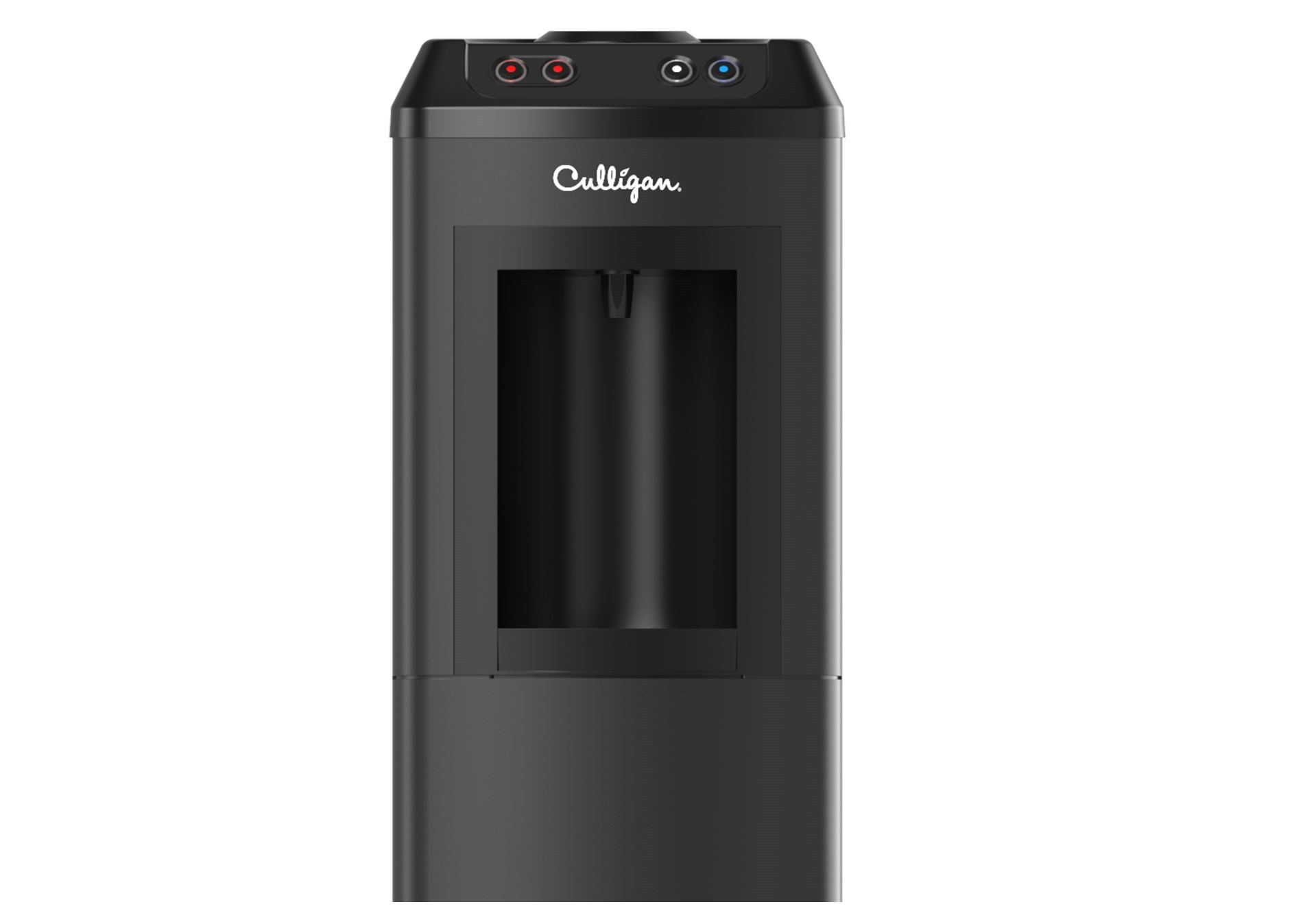
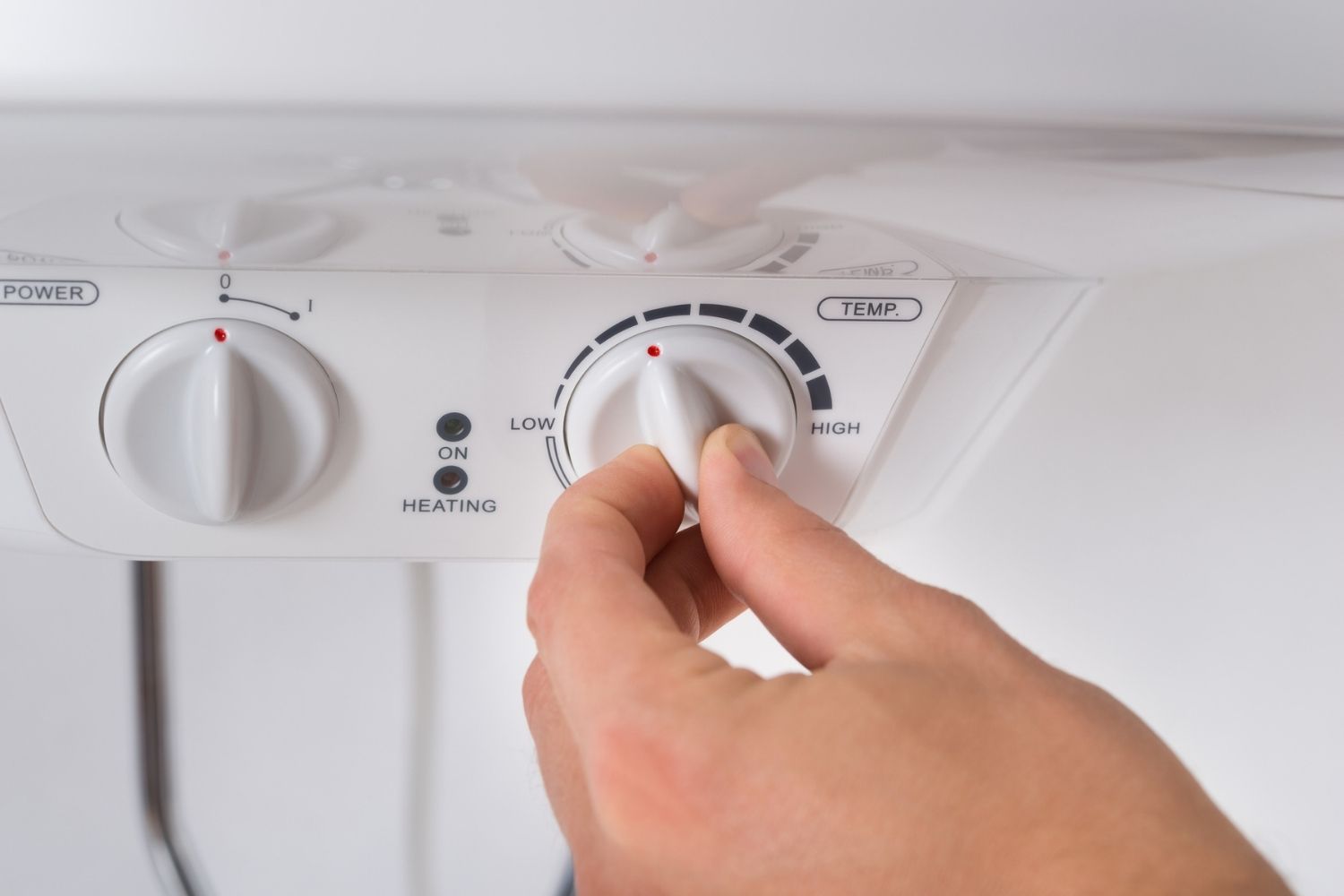
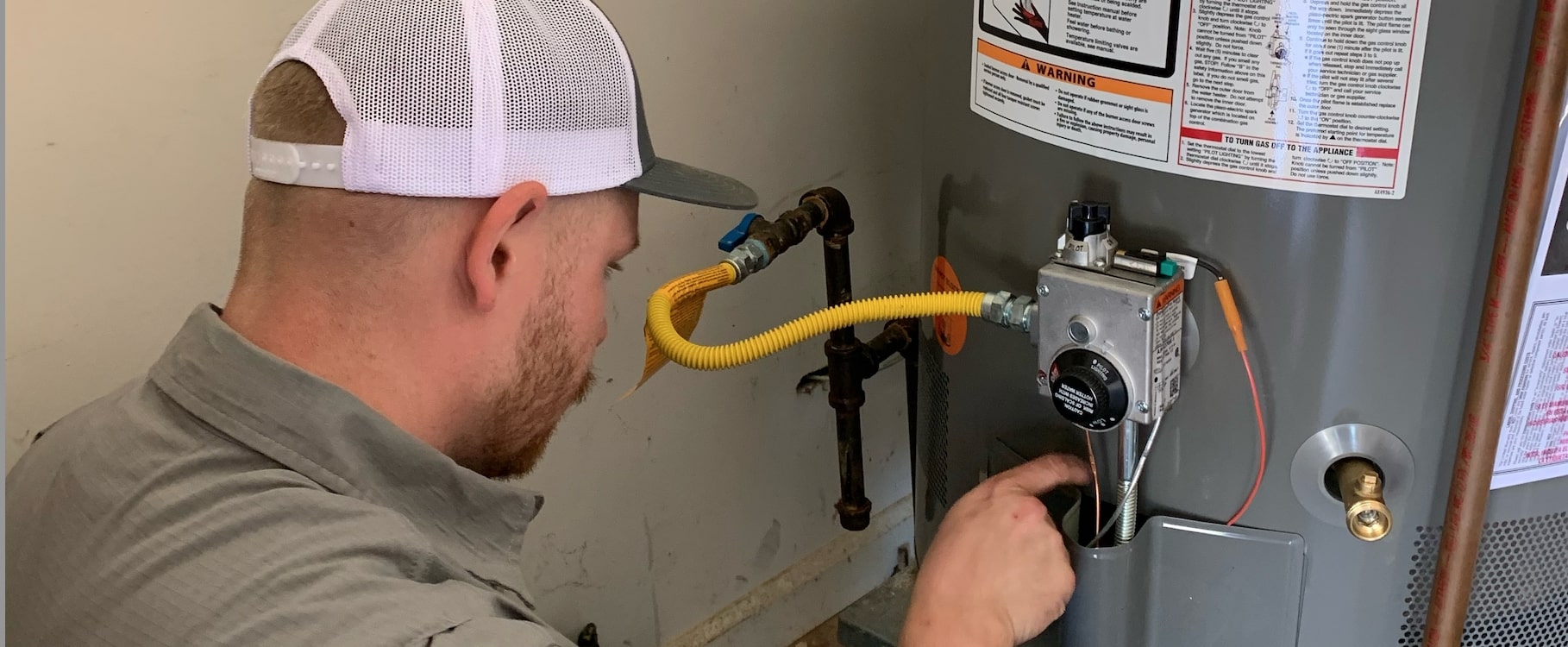
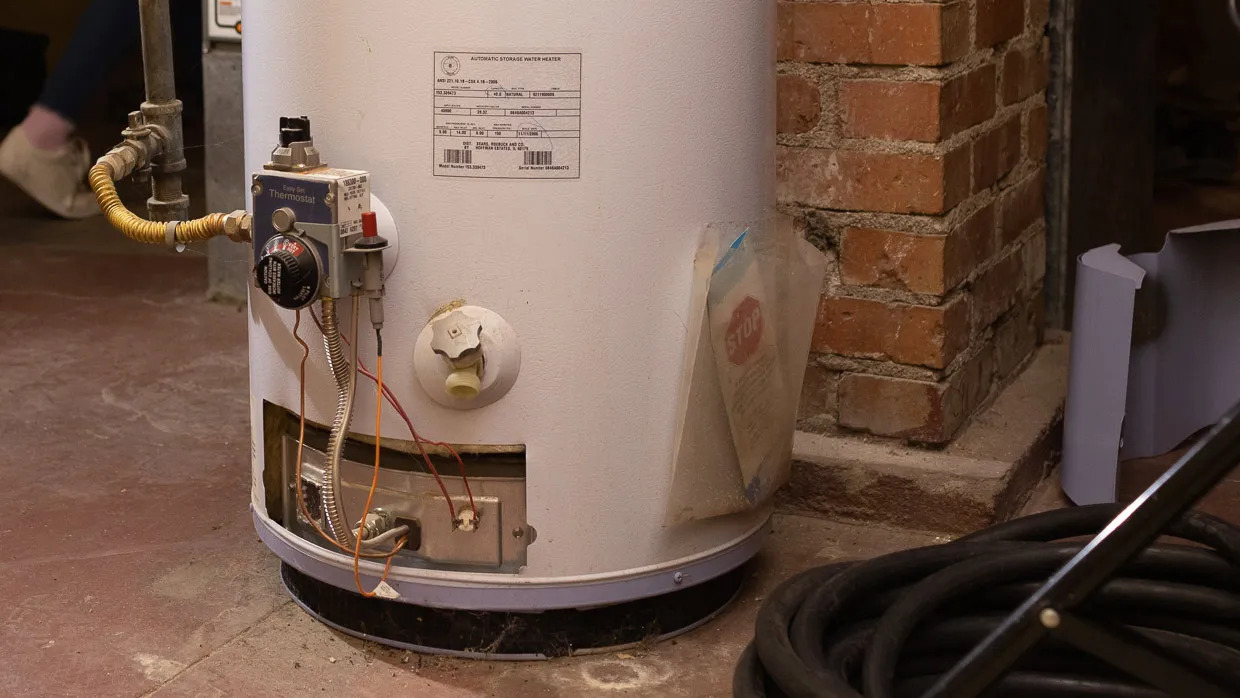

0 thoughts on “How Much Does Hot Water Heater Cost”